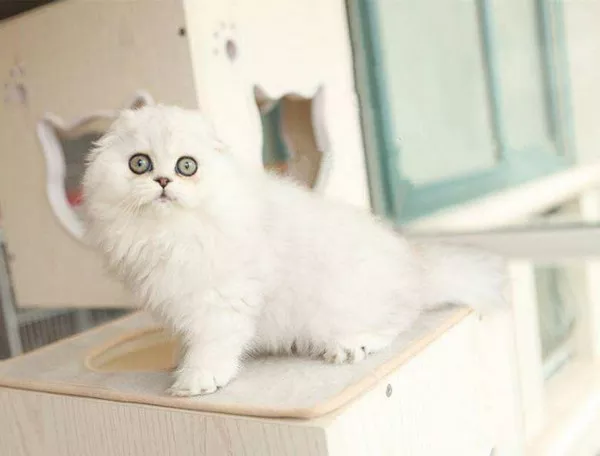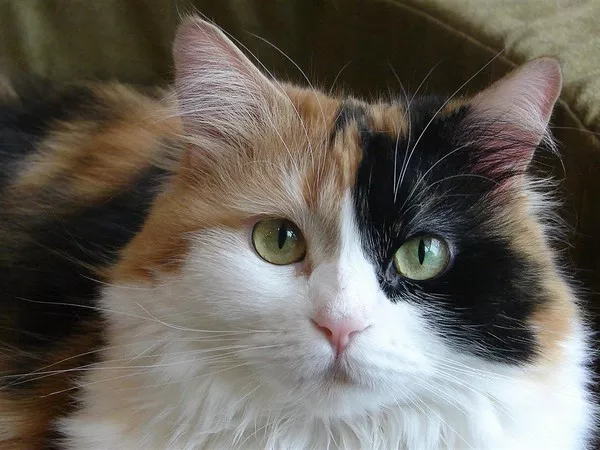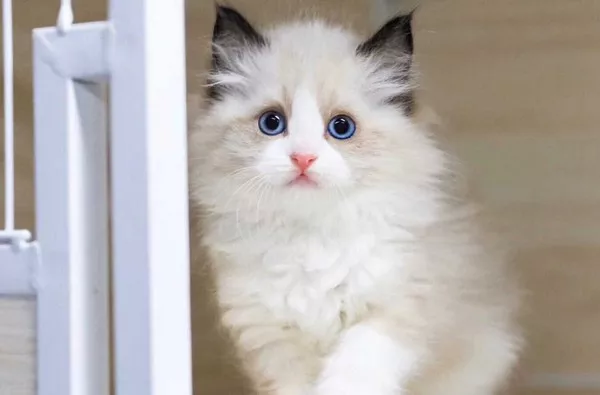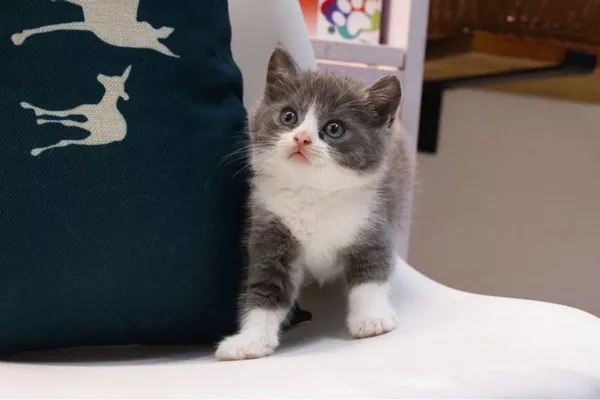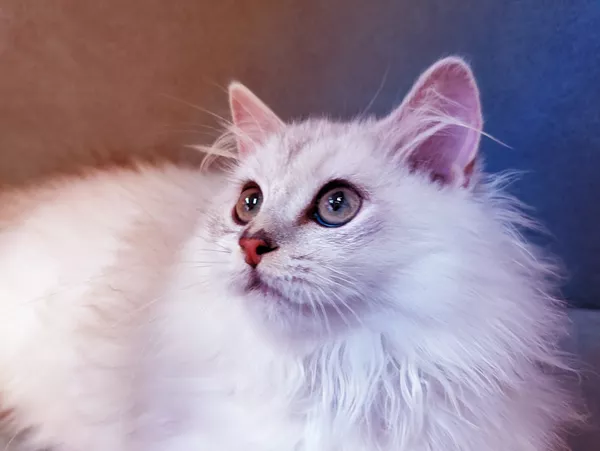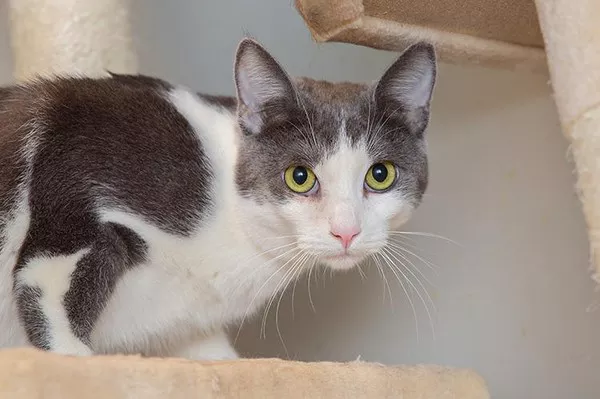The British Shorthair cat is a beloved breed known for its sturdy build, round face, and dense coat. While these feline companions are generally healthy and robust, there have been observations and discussions regarding potential breathing problems specific to this breed. In this article, we delve into the topic to understand the unique breathing characteristics of British Shorthair cats, exploring potential factors that may contribute to respiratory issues and providing guidance for their care.
-
Facial Structure
One prominent feature of British Shorthair cats is their distinctive round face, which can include a shorter nose and a slightly flattened appearance. This facial structure, known as brachycephaly, is not as extreme as in some other breeds with severe brachycephalic syndrome. However, the shorter muzzle may affect the cat‘s airway anatomy to some extent, potentially leading to breathing difficulties.
-
Narrowed Nasal Passages
British Shorthair cats may have narrower nasal passages compared to other breeds. This narrowing can impede the airflow and make breathing more challenging, especially during physical exertion or in warm weather. It is important to note that not all British Shorthair cats experience significant breathing problems, as individual variations in anatomy can play a role.
-
Potential Respiratory Conditions
While the breed itself is not predisposed to specific respiratory conditions, the aforementioned facial structure and narrower nasal passages can contribute to certain respiratory issues in some British Shorthair cats. These conditions may include:
a. Brachycephalic Airway Syndrome (BAS): BAS is a term used to describe a range of respiratory issues common in brachycephalic breeds. While British Shorthair cats may have some characteristics associated with BAS, the severity and prevalence are typically lower compared to more extreme brachycephalic breeds. Symptoms may include snoring, wheezing, and labored breathing.
b. Stenotic Nares: Stenotic nares refer to abnormally narrow nostrils. Some British Shorthair cats may exhibit this condition, which can restrict airflow and cause breathing difficulties. Surgical correction of stenotic nares may be recommended if the condition significantly affects the cat’s quality of life.
c. Upper Respiratory Infections: Like all cats, British Shorthairs are susceptible to upper respiratory infections caused by viruses or bacteria. These infections can temporarily impact their breathing, causing nasal congestion, sneezing, and coughing. Prompt veterinary care, supportive treatment, and preventive measures, such as vaccination, can help manage these infections.
-
Weight Management
Maintaining a healthy weight is crucial for all cats, including British Shorthairs. Excessive weight can exacerbate breathing difficulties in cats with compromised respiratory anatomy. Providing a balanced diet, engaging in regular exercise, and monitoring portion sizes are essential for preventing obesity and promoting overall respiratory health.
-
Environmental Considerations
Creating an environment that promotes optimal respiratory health is important for British Shorthair cats. Consider the following factors:
- Air Quality:
Keep the living space clean and free from dust, smoke, and other irritants that may affect the cat’s respiratory system. Regularly dust and vacuum the house, and consider using air purifiers to improve air quality.
- Temperature Control:
British Shorthairs may have difficulty regulating body temperature due to their brachycephalic features. Avoid exposing them to extreme heat or humidity, as these conditions can further strain their respiratory system.
- Stress Reduction:
Stress can impact a cat’s overall health, including their respiratory well-being. Provide a calm and secure environment, offering hiding places, vertical spaces, and mental stimulation to alleviate stress and promote relaxation.
Conclusion
While British Shorthair cats may exhibit certain characteristics that can potentially lead to breathing difficulties, it is essential to note that not all individuals of the breed experience significant respiratory issues. With proper care, monitoring, and early intervention, most British Shorthairs can lead healthy and happy lives. Regular veterinary check-ups, weight management, environmental considerations, and prompt attention to any signs of respiratory distress are crucial for ensuring the well-being of these beloved feline companions.
Recommended reading:




